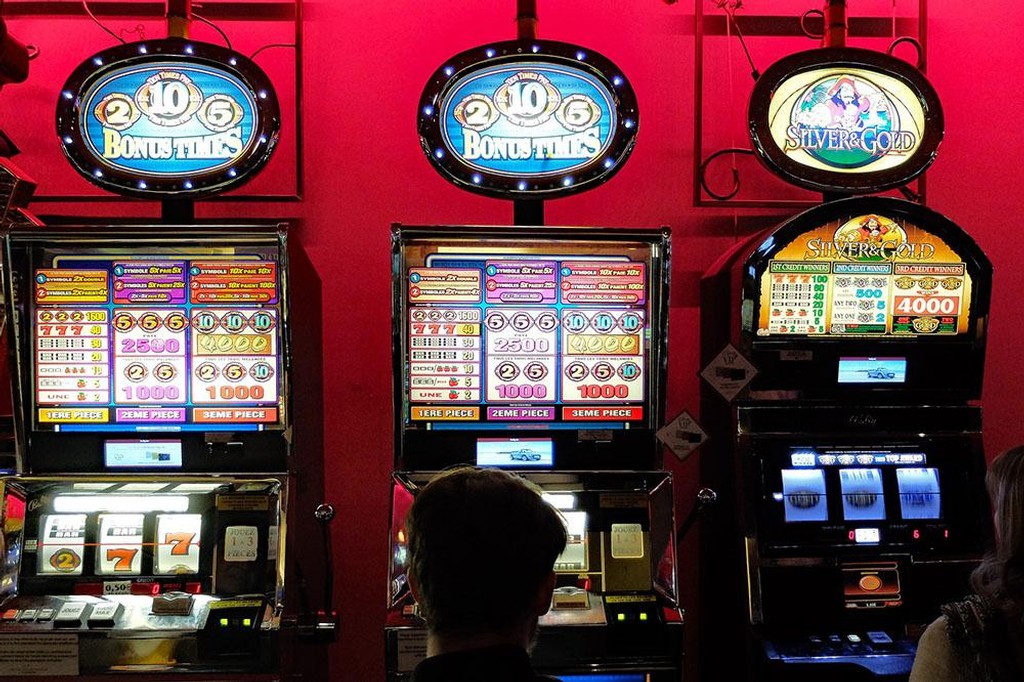Gambling Disorder is in effect a pathological addiction "sine substantia". It is the first officially recognized behavioral addiction in the Diagnostic and Statistical Manual of Mental Disorders 5 (DSM 5, 2013).
Similarly to drug addiction, the pathological gambler shows a growing loss of control over gambling, increases the frequency of bets, the time spent playing and the amount spent. Often, he invests more of his economic possibilities (borrowing money and covering up debts) and neglects the other areas of life (family, work, friends).
A phenomenon often seen is known as chasing, the player is moved by the need to play and to risk more and more in order to cancel the previous losses.
Usually, the initial excitement linked to the game is replaced and the player starts to play when negative emotions such as anxiety, sadness, guilt, etc. are experienced.
Some studies have shown that the phenomenon is spreading particularly during times of economic crisis, when people are more inclined to rely on luck in the hope of obtaining easy gains that can put an end to their financial difficulties.
Symptoms
In gambling addiction there are no obvious physical symptoms such as in cases of addiction to substances such as alcohol and drugs. Pathological players usually minimize or deny the problem. They also manage to hide the disorder for a long time. For example, players often lie or carefully avoid the topic with loved ones.
You may have a problem with the game if:
- feel that you have to hide everything related to your gaming habits
- play to make up for lost money
- set limits that you cannot respect
- play even if you have no money
- family and friends are worried about you
Treatment
Each player has unique characteristics and needs a personalized treatment plan. The most important step to take is to become aware of the problem. It takes a lot of courage and strength to be able to get out of it, especially after losing a lot of money and interrupting interpersonal relationships.
Cognitive Behavioral Psychotherapy (CBT) is an effective treatment for gambling disorder. CBT, in fact, allows:
- increase the patient's awareness of his own conduct and bad habits;
- identify and change gambling errors of thought;
- develop alternative behaviors for the management of negative emotions;
- manage anxiety and stress.
The scientific literature has provided data to support the effectiveness of treatment protocols based on Mindfulness and Dialectical Behavior Therapy (DBT).

